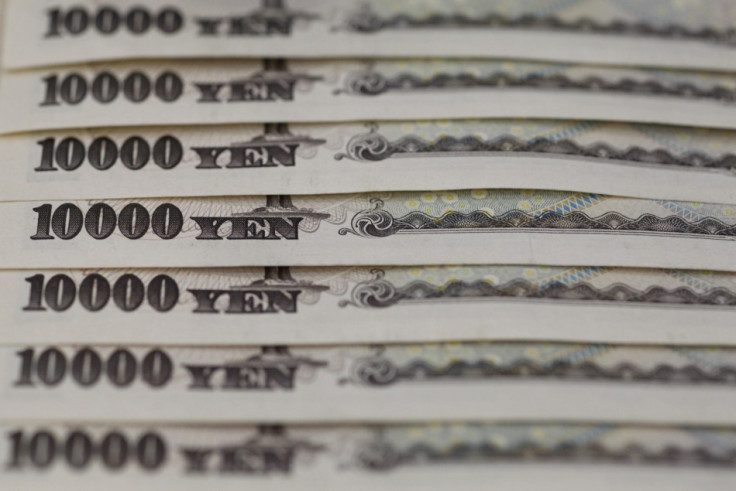Japan's 2014 Budget Estimate Hits Record High

Japan's government ministries are estimating a record budget total for the next fiscal year starting from April, as the country looks to rein in its spending amid a huge public debt.
The country's Ministry of Finance (MOF) said various government departments made total budget requests amounting to 99.3tn yen ($994.9bn, €757.2bn, £641.5bn) for the 2014/15 year, compared with 92.6tn earmarked for the ongoing fiscal period.
Record budget requests were mainly down to the finance ministry's request of a record 25.3tn yen in debt-servicing costs. The country's public debt has recently crossed 1,000tn yen mark, double its GDP.
In addition, the country's aging population also contributed to the significant rise in budget requests. Social welfare costs soared, as the labour ministry requested 30.6tn yen for the next year.
The finance ministry generally trims the amounts requested by the ministries, when it prepares the draft budget in the month of December.
"We will need to thoroughly examine these requests and prioritize our spending," said Vice Finance Minister Shunichi Yamaguchi.
"If we go against our fiscal discipline framework, this could hurt confidence in Japanese government bonds."
Yamaguchi noted that the amounts would be trimmed as the government seeks to lower its primary budget deficit by 4tn yen in the next fiscal year. By fiscal 2020, the country targets to eliminate primary budget deficit that excludes debt-servicing costs and income from bond sales.
Rising Public Debt and Economic Growth
Japan's public debt is the largest among industrialised nations at about more than 1,000tn yen, and the government led by Prime Minister Shinzo Abe has been taking into account the debt problem while formulating measures to boost economic growth.
Abe and the Bank of Japan have unveiled a series of massive fiscal and monetary stimulus to contain deflation and revive the economy. The "Abenomics" measures have so far helped the economy, despite a few shortcomings.
Japan's GDP rose 0.6% sequentially in the second quarter, but missed analysts' estimates, casting doubt on the country's ability to sustain a planned increase in sales tax in April.
In order to curb public debt, Japan is planning to increase its sales tax rate from 5% to 8% next April and then to 10% in October 2015. The rising debt levels have forced the country to look for ways to increase revenue, such as higher tax rates.
Given the economic slowdown in Japan, Abe is wavering on whether to proceed with the sales tax hike and is holding meeting with industry experts. He is due to take a decision on the sales tax in September or October.
If Abe supports the tax hike, the country could generate more revenues to meet its various needs.
© Copyright IBTimes 2025. All rights reserved.




















